Corruption is bigger than cancer and more than COVID-19 pandemic. It is common enemy of any civilized society and a major obstacle of the development. It damages the moral values and social norms of the society and encourages the people towards crimes and immoral activities. It widens the gap between have and have-nots. Corrupts and criminals are running for earning black money and try to make white by layering of different activities. They enjoy at breaking the law and order in society. They have a strong network which is hard to break down easily through the single efforts. The network of corruption has already spread all over the world and is not limited to the boundary of a single territory.
In our context, the root cause of corruption is to earn more and more money within a short span of time without developing entrepreneurship. Desire to accumulate more money for generation leads man commit corruption. Highly consumption culture, continuous skyrocketing market price, low legal income, desire for luxurious life, growing illegal sex industry, drugs abuse, human trafficking, terrorism, social acceptance to corruption, absence of good governance, lack of strong political and administrative will power have been fuelling the intensity of corruption.
Nepalese society has been extremely suffering from corruption. They have been struggling to meet their basic needs. Corruption affects every sphere of individual, social and national life. It is related to human passions, emotions, and intention too. So, corruption control is not completely possible by making strict rules and regulations. Sense of ethics and integrity should be come from the human soul. Corruption affects different dimensions of human life. Some major dimensions of corruption can be discussed as;
Political dimension
Organized crime and terrorism are the bi-product of corruption. Corruption undermines democracy and rule of law. It leads to the infringement of civil and political rights. The climax point of corruption is the state capture also called policy capture. State policies, rules and regulations are formed on behalf of interest groups. Election result is determined through buying and selling votes. Money, muscle and manipulation are the determinants to win the election. Corruption derails reform agendas and creates instability almost in all sectors-political, administrative, judicial, academic and others.
Socio-cultural dimension
Corruption endangers moral and ethical foundation of society. It breaks the social cohesion, chain of social order and structure. It dismantles the mentality of youth and forth coming generations and leads to immoral, illegal and ugly activities. Corruption hurts poor disproportionately. Feeding inequality, injustice, and social acceptability are the result of corruption. Emergence of hybrid culture, fading away of home cultures, and loss of beauty of cultural diversity are other by-product of corruption. Dis-respect and distrust among civilizations, creation of hierarchies between cultures are the consequences of corruption.
Economic dimensions
Corruption makes economy volatile. Weak economic performance slows the speed of development. Corruption is considered as the big challenge to poverty alleviation and economic development. High cost of doing business, demotivation to foreign and domestic investment situation are the negative consequences of corruption in business world. Market distortion, monopoly, carteling, syndicate, mafia, artificial shortage of consumer goods and services are the common consequences of corruption. Ultimately, corruption erodes the quality of human life and rising unemployment and high cost of living pushes the poor to be poorer.
Administrative, legal and managerial dimension
Corruption undermines ability of government institutions to provide basic services due to inefficiency and ineffectiveness. Administrative machineries lose power to execute defined plan, policies, programs, and projects. Corruption breaks the system of service delivery. Difficulty in access to justice and delaying in justice is equivalent to injustice.
Environmental dimension
Natural resources are extremely exploited by taskar, mafia, don, and corrupt officials. Human sufferings are inevitable due to natural disaster and calamities. Protection, promotion, and restoration programs cannot be launched to save biodiversity due to the scarcity of resources. Pollution in soil, air and water result various dieses. Ruthless exploitation on forest, river and soil resources cause environmental degradation. Use of unnecessary heavy construction equipment makes construction projects vulnerable and forced workers to be unemployed.
Technological dimension
Fast growing technology has made easy to commit crime including corruption. There is no option to induce counter technology to control such crime. Technology will enhance the power of service delivery agencies to serve people in the quick manner. It also controls the manipulation and malafide intention of corrupt people.
Human right dimension
Corruption fuels crime against humanity, violates individual freedom and liberty. Government fails to fulfill the obligation to protect, promote and preserve the rights of the people. Ultimately, corruption degrades human value and dignity.
Overall impacts and forward steps
Corruption directly or indirectly affects the political, social, economic and cultural development of the country. It pushes poor towards poorer and makes wealthy people wealthier. In this way, it hits the spirit of social justice, fundamental human rights and integral aspect of the development. Corruption creates unbalanced, unjustified society and invites social conflict, violence and disorder. So, we should unite our joint efforts towards corruption control and its prevention.
Different research findings suggest, the curative or preventive methods are more effective in corruption control. Curative method is concerned with the enforcement of laws and orders and preventive method is useful to understanding the human behaviour, attitude and promotion of honesty. Corruption exists in every nation either in developing or developed. Corruption never completely controlled but can be minimized. Corruption as a collective challenge demands collective efforts of each and every segment of society. Strong network of corruption will not be break down without tireless efforts and honest cooperation, coordination and collaboration between and among state, non-state and civil society organizations. For this, individual person, civil society organizations, pressure groups, government and non-government organizations, political parties and its leaders, businessmen, industrialists as well as courts should be cooperative.
Corruption control will only be the day dreaming without political support and cooperation. Every ugly faces of corrupted leaders should be rejected and every corrupt official should be punished. They should be ostracized in society. Such type of anti-corruption movement should be promoted by the government with the active participation of the people. In this way, we can face the challenges of corruption with collective efforts. We can gain resilience against devastating consequences of corruption.
Conclusion
We can build our nation as one of the most prosperous in the world. Now, political conflict is nearly going to be settled down, it is the appropriate time for economic development. A decade long conflict was the result of discrimination, poverty, hunger, and corruption. Considering this bitter fact, we should be turned our energies to economic development.
We should be united, we should be cooperated, and we should be the parts of the whole nation building movement by controlling corruption. If we do so, we can magically change the face of our country towards permanent peace and prosperity. Because we have a lot of natural resources, appropriate climate, beautiful mountains, hardworking people and we are cultural richness in the world. Human and natural biodiversity enriches us to be competitive benefitted. So, corruption control should be the common agenda for every honest Nepali people for prosperous Nepal and happy Nepali.
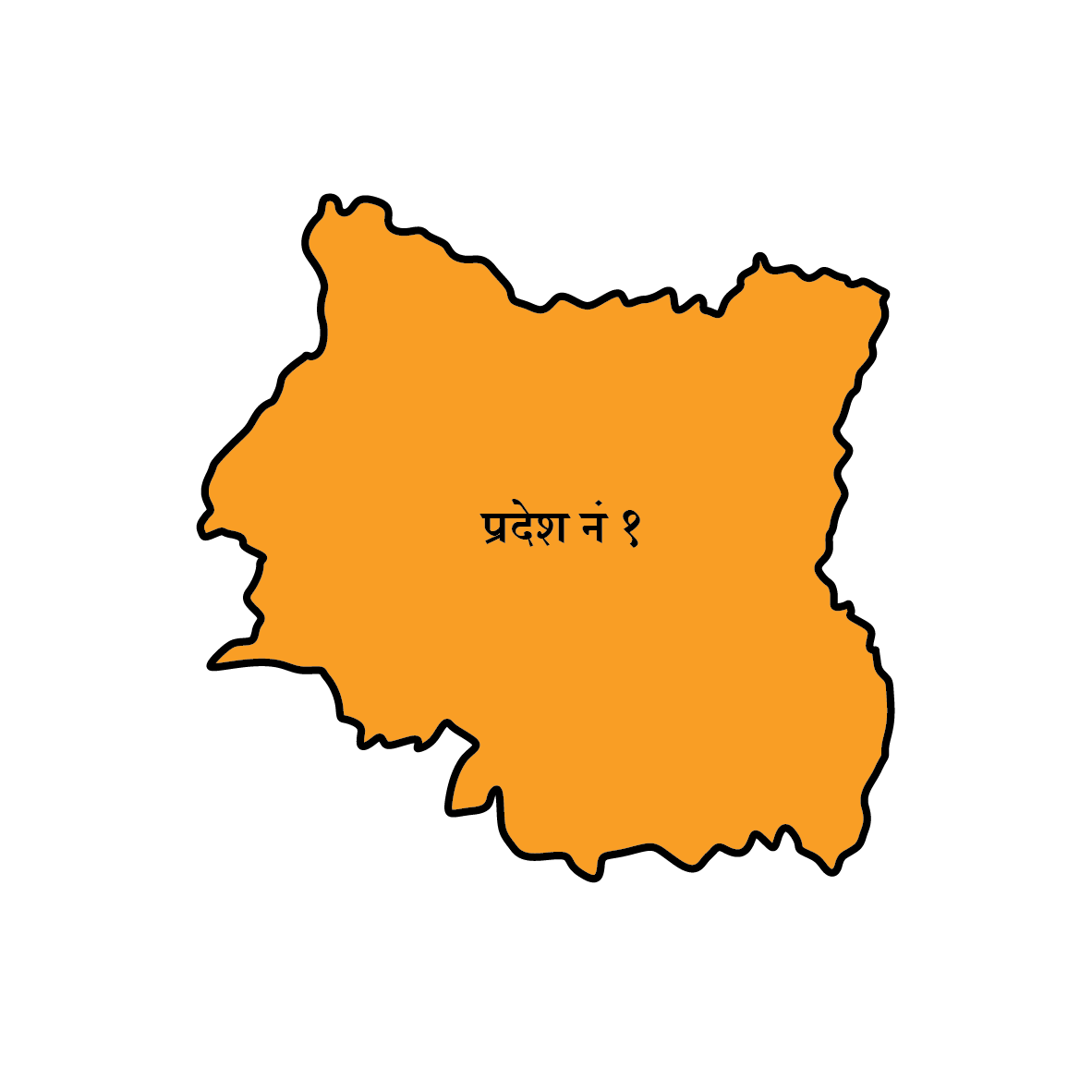 कोशी प्रदेश
कोशी प्रदेश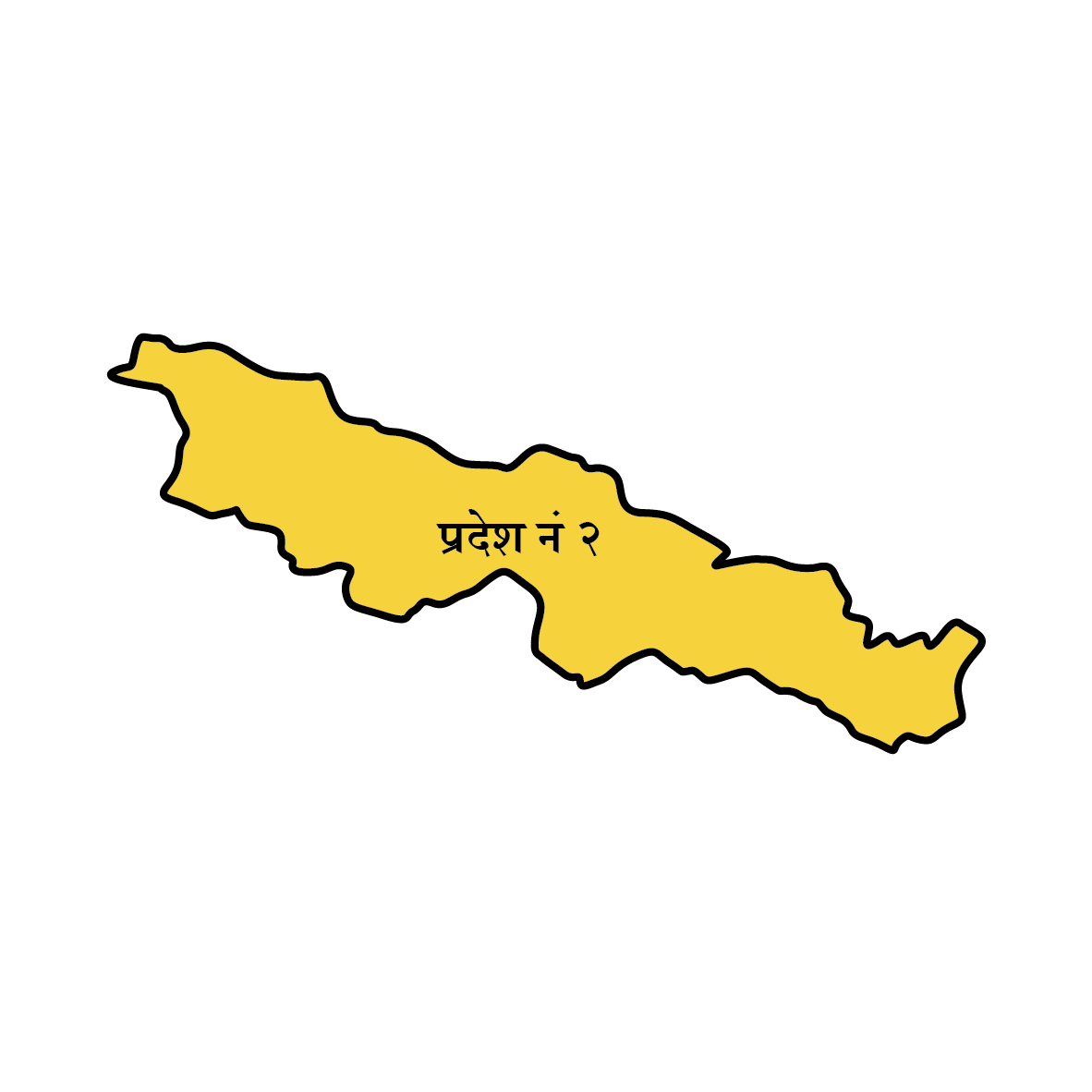 मधेश प्रदेश
मधेश प्रदेश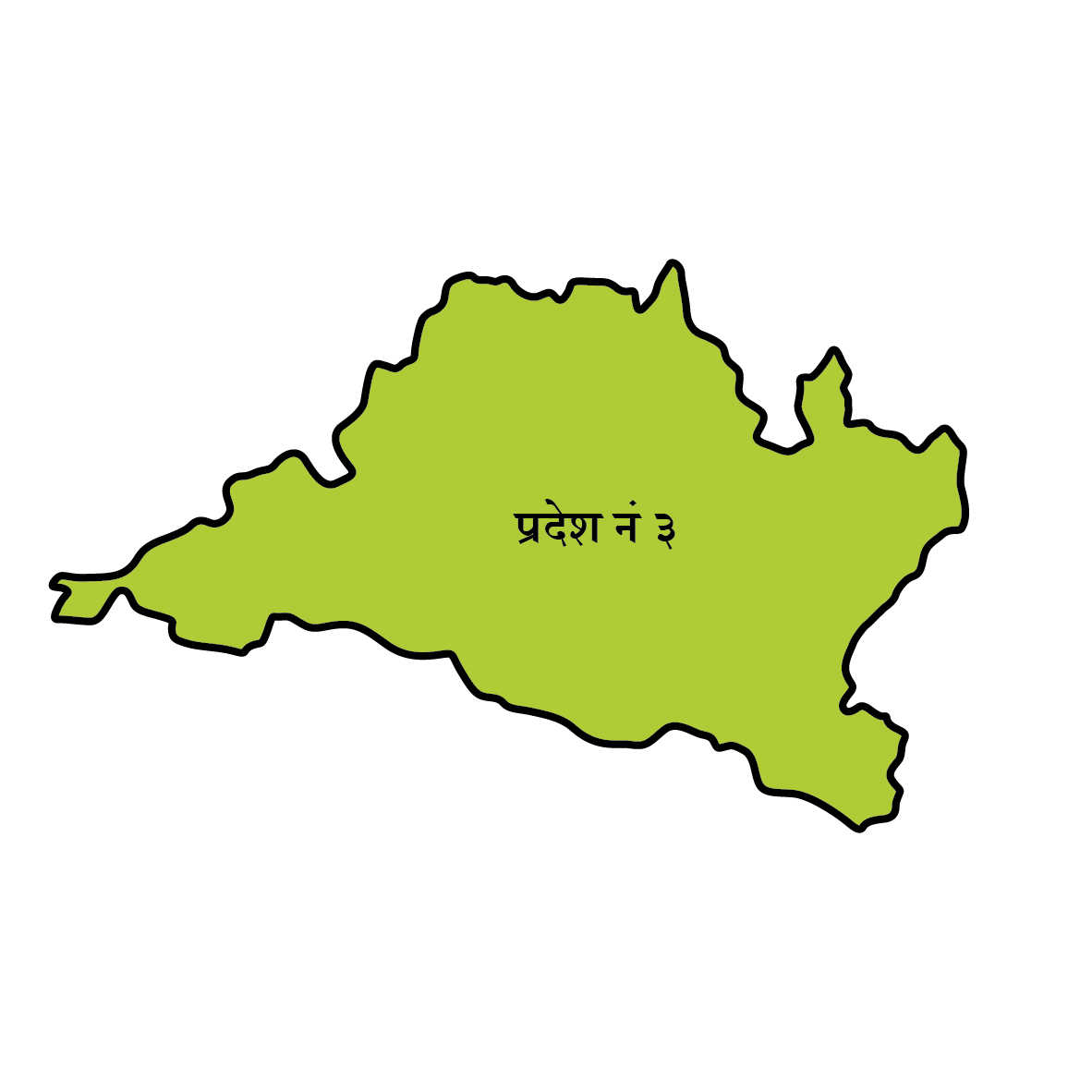 बागमती
बागमती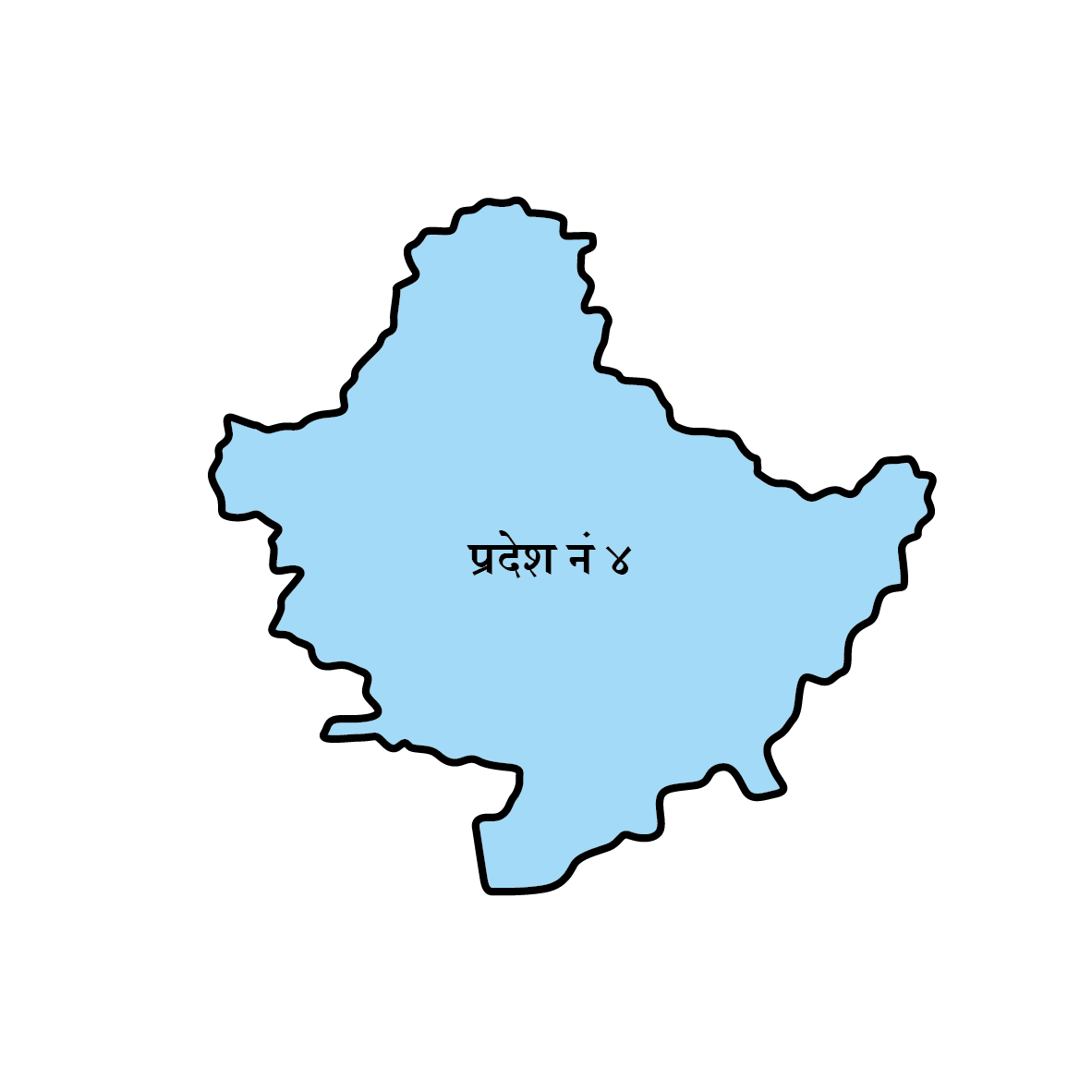 गण्डकी
गण्डकी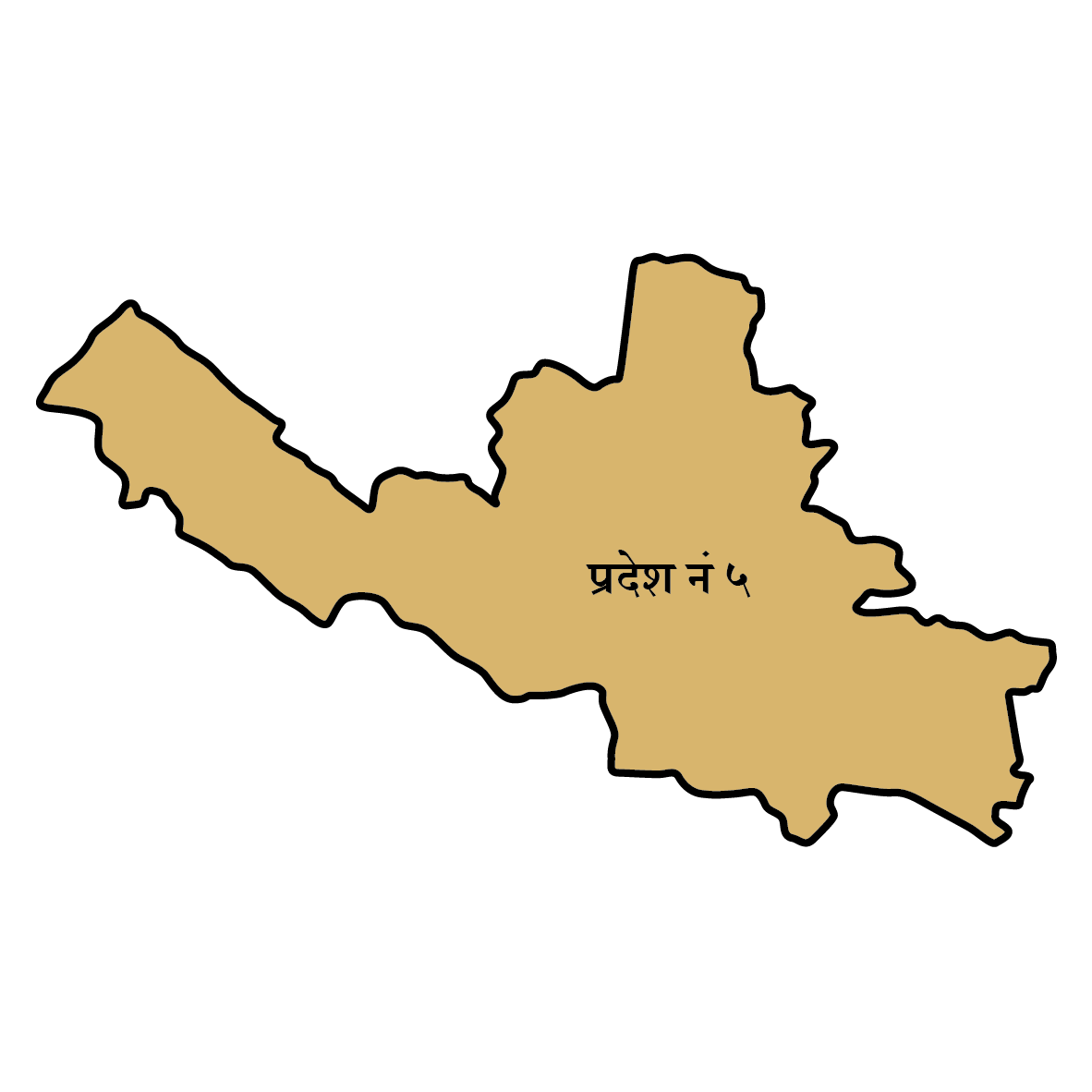 लुम्बिनी
लुम्बिनी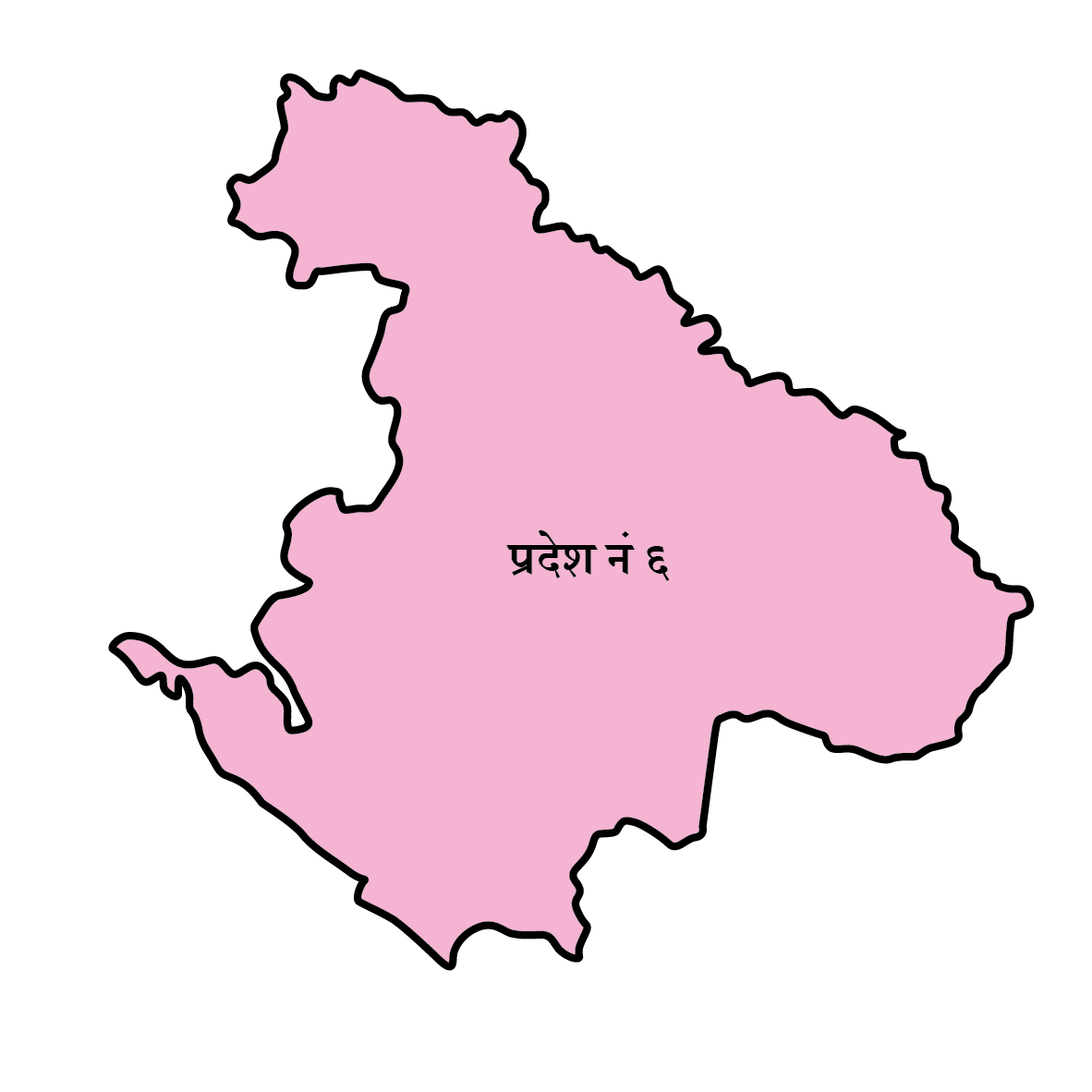 कर्णाली
कर्णाली 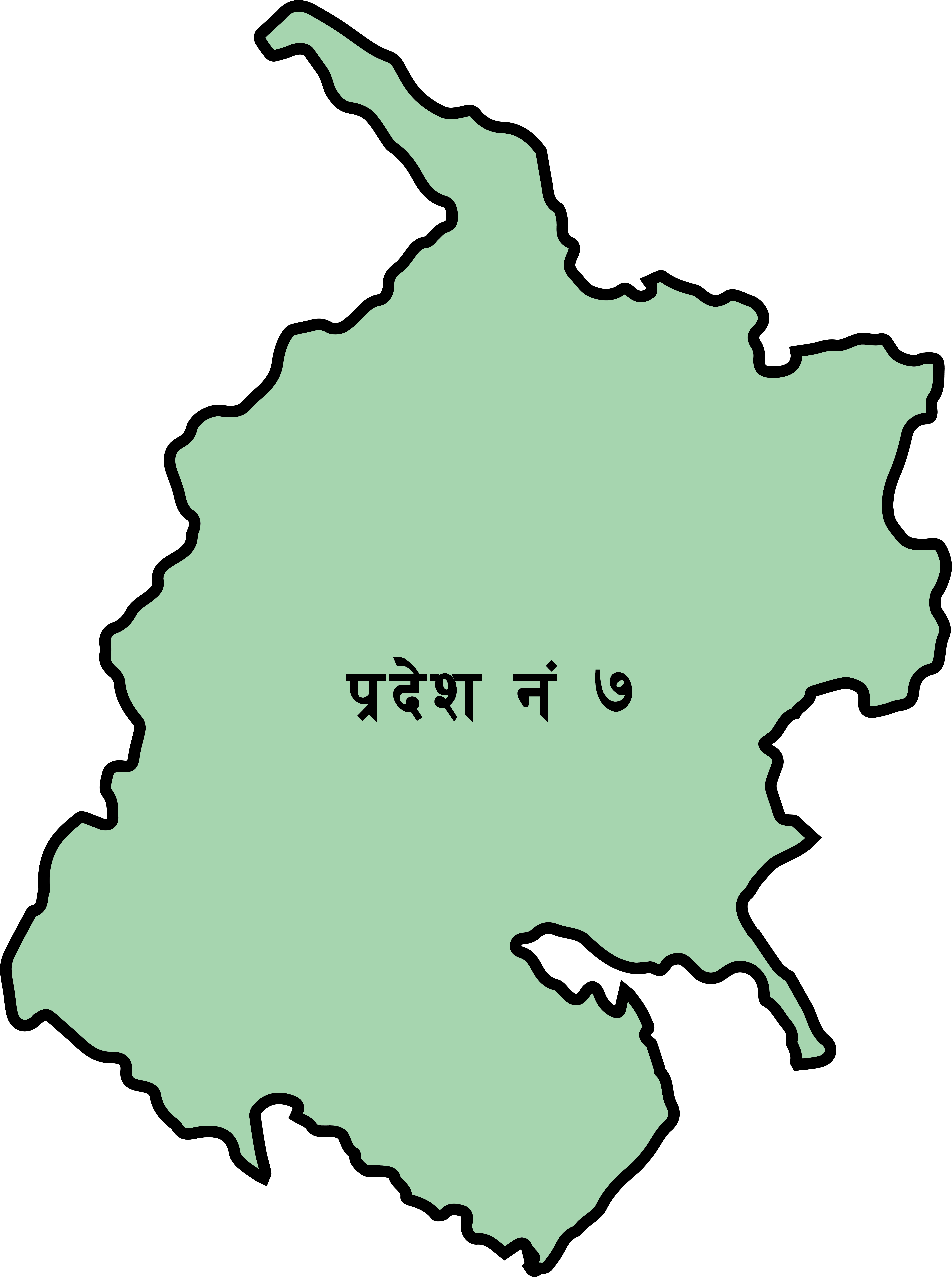 सुदूरपश्चिम
सुदूरपश्चिम
















